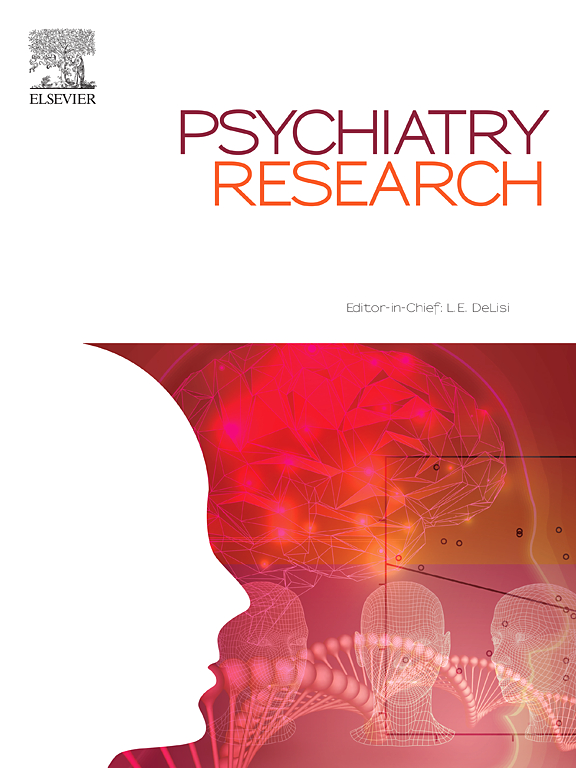Authors: Lisa Charlotte Smith, PhD, et al., VIRTU Research Group, Copenhagen Research Center for Mental Health.
Abstract: All of the studies in this review applied interventions building on AVATAR therapy. In this type of psychotherapy, patients use computer software to create an avatar of the imagined source of their auditory verbal hallucinations.
Additionally, by using a voice transformation program, the therapist’s voice is transformed into sounding like the voice heard by the patient. If more than one voice is present, the patient is asked to identify and work on the most dominant or hostile voice.
In therapy role-plays, the patient engages in a dialogue with the avatar (displayed on a computer screen), while the therapist takes on the role of the avatar.
Such clinical trials employing immersive virtual reality (VR) to treat mental health disorders are emerging. This review provides an overview of VR trials specifically in the treatment of auditory verbal hallucination and documents knowledge gaps.
Sixteen papers were included, all originating from a high-income country: (Canada 11; Switzerland one; Denmark one); or a middle-income country: (China three.) All studies recruited adults (≥18 years) and most focused on patients with schizophrenia spectrum disorders experiencing auditory verbal hallucinations that were treatment-resistant to some degree (patients heard voices despite treatment with antipsychotic medication.)
Importance: Such research is promising, but still in its infancy. Results from larger randomized clinical trials are needed to establish substantial evidence of therapy effectiveness. Additionally, the knowledge base would benefit from more profound qualitative data exploring views of patients and therapists.
Yet, say the authors: “It can be stated that VR therapy for auditory hallucinations has so far shown great potential. The method of employing an avatar to represent the most dominant voice appears to be a promising psychotherapeutic innovation for patients with psychosis….the evidence-base on the efficacy of VR therapy for AVH symptoms is accumulating.”
And they add: “Building on the evidence from studies using VR to treat AVH in schizophrenia, this type of treatment may possibly be modified for the treatment of other psychiatric disorders (e.g., PTSD or mood disorders), in which AVH may also be prevalent. Correspondingly, it might be possible to explore the use of VR to treat AVH in somatic illnesses (e.g., dementia or Parkinson disease).”
Availability: Pre-publication by Psychiatry Research.





